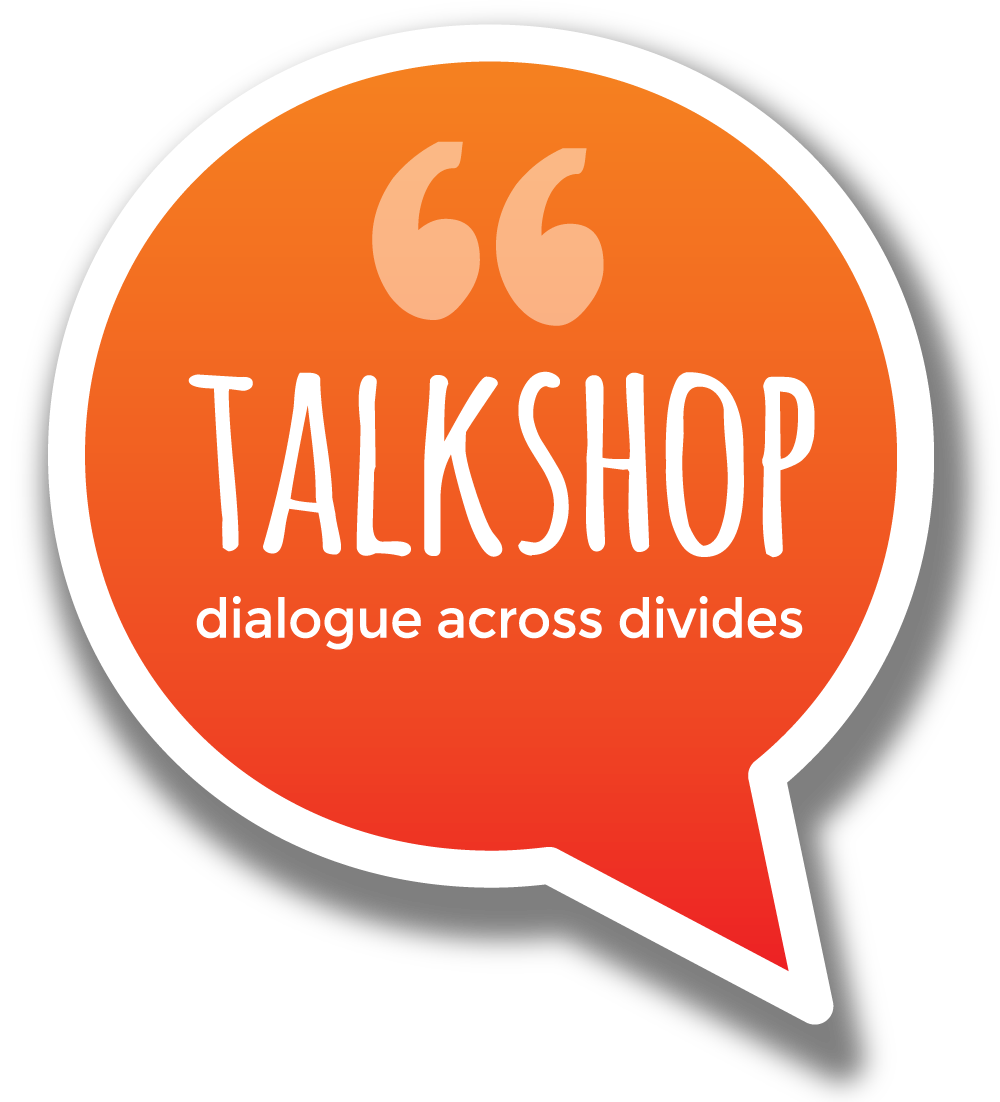Perry Walker writes:
Those of our readers who have followed the evolution of the Win-Win Workout (see here and here) will know that we believe in splitting political decision-making into two stages. First, citizens decide what aims the decision-making should achieve. Second, there is then a role for experts in deciding what solutions best deliver those aims.
In emphasising expertise in the second stage, we don’t mean to suggest that citizens have no role. Quite the opposite. There are as many as five possible roles that citizens might have.
- To explain how their aims translate into solutions
- To contribute their lived experience
- To provide ideas
- To provide technical knowledge not available to those seeking to translate aims into solutions
- To provide energy
The rest of this blog gives an example or two of each in order to bring these roles to life.
Explain how their aims translate into solutions
Some years ago, I ran a consultation with users of the mobile library service in Herefordshire, where I live, about what they wanted from a redesign. The users are mainly older people.
One of their aims was connection, to meet friends and neighbours at the mobile library. But the mobile library staff might not have worked out how best to achieve it without help from comments like this: Too long a stop makes it less likely that people will see each other.
Contribute their lived experience
The users of the mobile library service provided all sorts of invaluable information about their lives. To take two examples from many:
- Please try not to come to Kings Caple on Thursdays because there are two clashes: we over 60s often take the Thursday only bus to Ross, and there’s the over 60s club at Little Dewchurch too.
- For older people your visit is best in the mornings – we have a doze after lunch
Provide ideas
It is often the case that citizens come up with better ideas than politicians, officials and experts. Citizens often see the topic with fresh eyes, are less set in their ways, and often apply more common sense. They are also more likely to take a holistic view – their world is not divided into departments and defined responsibilities.
Years ago, I came across a wonderful example of these fresh eyes. A hospital wanted to rename ‘hospital discharge’, which sounds as if it involves pus and actually means leaving hospital after an operation. A group of doctors and a group of patients were each asked for their ideas. The doctors came up with ‘Readmission to the community’: the patients suggested ‘Going home’.
Veronica Fonseca shows the effect of having your idea accepted. She is a community leader in Bogota, the capital of Colombia. She lives in a hilltop neighbourhood called San Dionisio, nearly 10,000 feet (3,000 metres) above downtown Bogota. In 2020, she addressed a forum convened by city hall to suggest a cable car for her residents. “I’d seen cable car lines working in other areas of the city and I told the mayor that’s what our community needs too,” she said later. When officials added her suggestion to their plans, “I felt included. I never imagined that my ideas would be taken into account.”
Provide technical knowledge
In the 1970s, a Town Meeting in New England, in the north-east of the USA, was debating whether to repair an old covered wooden bridge, or to replace it with a new concrete bridge. A proponent of the new bridge read out the list of items involved in repair, and what they would cost. The attendees, alarmed at the effect of this enormous cost on local taxes, swung towards the new bridge.
Then a young man stood up and said that he worked in a local sawmill. “I don’t know where he got them prices from, but I know this. We can sell you all that stuff a hell of a lot cheaper than what he said”. He went through every item, from memory, and gave a revised price. They kept the old bridge.
Even in areas of knowledge thought to be the preserve of experts, citizens sometimes do better. In an Estuary Project in San Francisco in America, fishermen said that the bass population was depleted. The scientists said that there was no evidence for this. But they were pushed to do new studies, which showed that the fishermen knew things that they did not.
Provide energy
Chattanooga in the USA had been described as “a divided city where social isolation and powerlessness gripped the citizens into inaction.” In 1984 the city launched Vision 2000, agreeing on 40 goals for the year 2000. By 1993 they had made substantial progress with most of them, launching 223 projects.
Much of this was down to self-organised communities co-creating solutions themselves. The number of neighbourhood associations grew, from less than 10 to more than 50. In 1993 the Police Department credited a 20% fall in the crime rate partly to more active neighbourhood associations.
Perry Walker – January 2024
